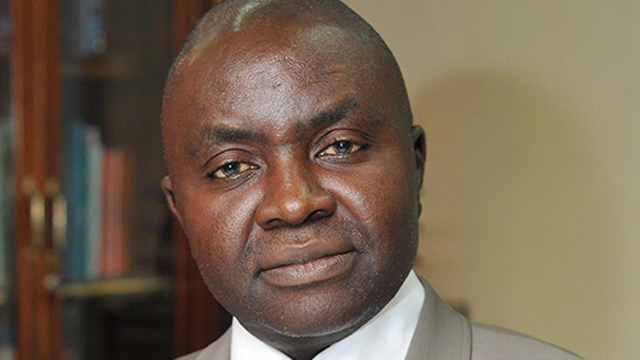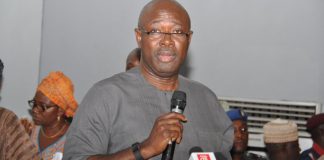The Lagos Chamber of Commerce and Industry (LCCI) has expressed concerns over Nigeria’s accelerated inflation, as it would weigh heavily on the low and middle-income households who would be pushed below the poverty line.
This was stated by the chamber’s Director-General Muda Yusuf, in a statement.
He said, “The Lagos Chamber of Commerce and Industry notes with concern the continued uptrend in domestic consumer prices as headline inflation further accelerated to 16.47 percent in January 2021, the highest since May 2017.”
READ ALSO: LCCI Tasks Iweala On Trade Reforms, Policies
Inflation and Rise of Domestic Prices
Yusuf explained that domestic prices saw an upturn due to the “persistent food inflationary prices” that hit its highest at 20.57 percent, the highest since the Consumer Price Index series began in 2009.
He said, “The uptick in domestic prices was largely driven by the persistent food inflationary pressures, with food inflation hitting a record 20.57 per cent, the highest level since the 2009 CPI series began.
“Higher prices translate to increased production costs for manufacturing companies, with consequent impact on their bottom-line since it is not in all situation that higher inputs cost can be transferred to consumers.
“This weakens the capacity of corporates to deliver value to shareholders via dividend payment amid dim profit prospects.
“Rising food prices would see most low and middle-income households spend more on food commodities, with little amount to save and/or invest, thereby pushing more Nigerians below the poverty line.
“Government authorities at national and sub-national levels should address security concerns in the country, due to its scale of importance as far as food production is concerned in Nigeria.”
READ ALSO: CBN Injects $10.31 Billion To Stabilize Forex Market
LCCI’s On Trade Policy Reforms, Forex
The chamber said that despite the installment of Okonjo-Iweala as the Director-General (DG) of the World Trade Organisation (WTO), Nigeria would need to keep its expectations in check, as the country grapples with “productivity and competitiveness issues”.
Yusuf said that the government would need to tackle prevailing issues like foreign exchange policies, ports infrastructure, trade policies, among others to give the Nigeria’s domestic industries a platform for competition with global players.
He said, “While the emergence of Dr. Okonjo-Iweala as the new WTO Director-General is very gratifying and calls for celebration, there is a need to manage expectations around the outcomes for the Nigerian economy, given the numerous productivity and competitiveness issues the country is grappling with.
“Ultimately, these are the factors that would determine the benefits that would accrue to the economy from global trade.
“Also imperative is the need to address trade facilitation issues, especially around port processes, ports infrastructures, international trade documentation, foreign exchange policies, trade policies, and industrial policies. We need to promote local value addition and backward integration to strengthen the competitiveness of our domestic industries.
“We must undertake reforms of our tariff policy in accordance with the principles of comparative advantage, which would enable the country to optimise opportunities in the global trade arena and enhance the citizens’ welfare.”













